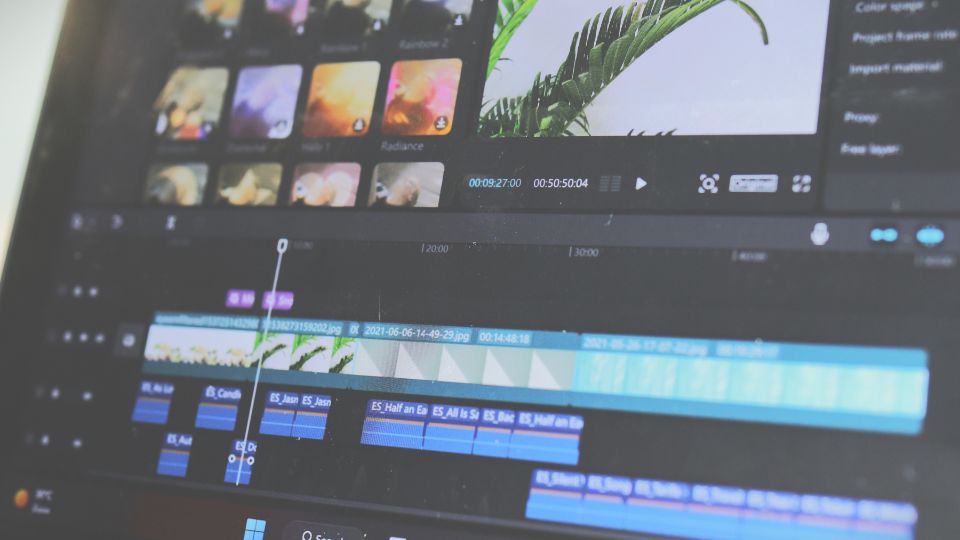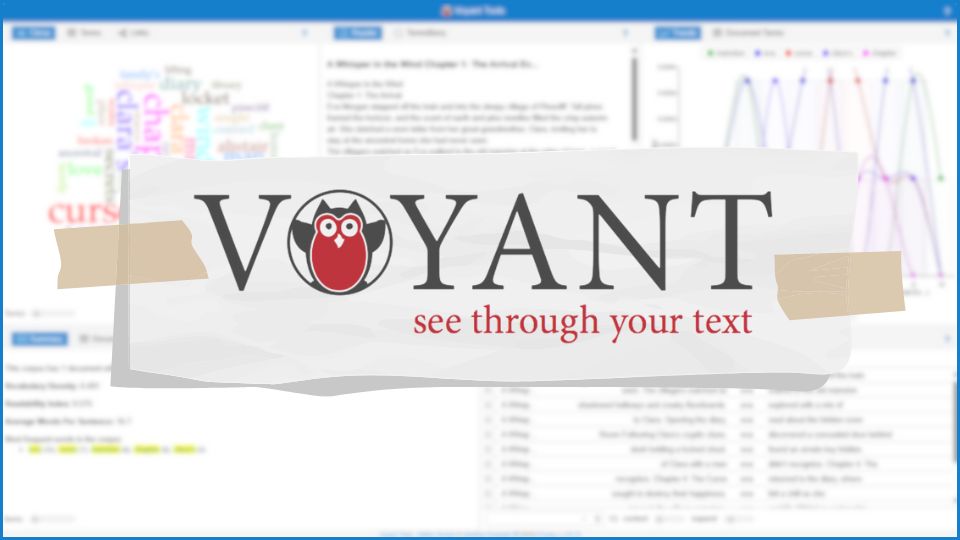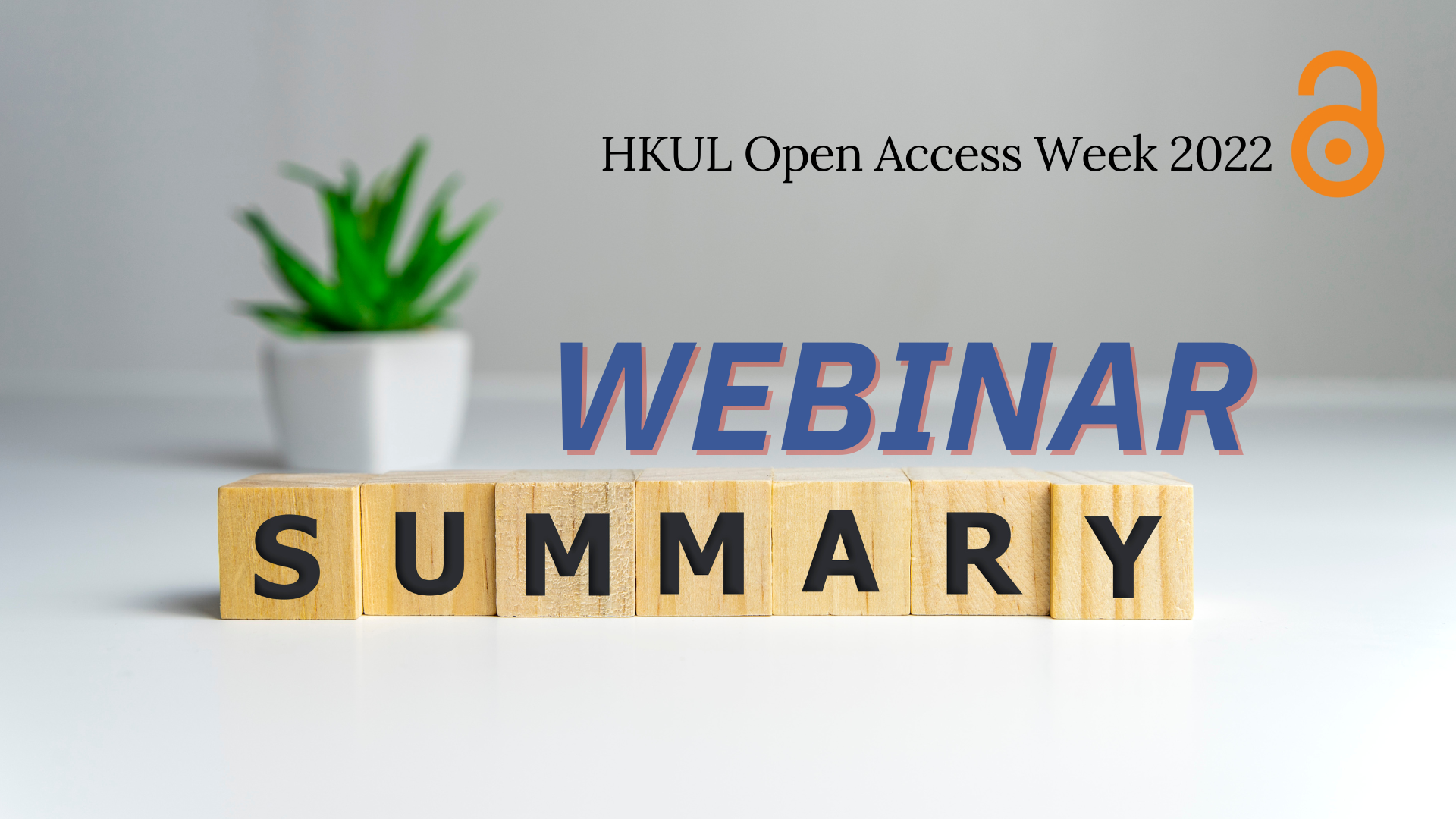Category: Research Tools

Creating Video Abstracts with AI Tools
— by Wilson Tang Introduction While traditional written abstracts remain essential, video abstracts can help share your work with broader audiences. Thanks to advances in artificial intelligence, it is now possible for anyone—including those with no video editing skills—to create engaging and professional-looking video abstracts. In this post, I will share an experience in using…
Read More
Visual Discovery Tools for Digitized Primary Sources: Gale Primary Sources
— by Y. Y. Kwan Primary sources are original historical documents from the past. Many primary sources are available in digitized format today, including Gale Primary Sources, the online platform of the US publisher Gale. HKU Libraries has access to over 30 historical archives from Gale covering various time periods and types of material, including…
Read More
Text Analysis II: Exploring Voyant Tools with an AI-Generated Sample
— by Katherine Choi, Kayla Ng, Terry Chung Last time we briefly introduced text analysis and its applications. In this post, we will explore text analysis using Voyant Tools, a web-based platform known for its analytical capabilities. We will be working with an AI-generated short novel, “A Whisper in the Wind”, as our sample text.…
Read More
Text Analysis I: Unlocking the Power of Text Analysis
— by Katherine Choi, Kayla Ng, Terry Chung In today’s post, we delve into the fascinating world of text analysis. Text analysis is the process of examining and understanding the structure and content of written works. By identifying patterns, themes, and relationships within a text, text analysis provides insights into the author’s intentions, the intended…
Read More
Research tools to analyze Chinese language texts
— by Jacky Li Digital humanities has become increasingly prominent in recent years with significant resources being invested in digital preservation and large-scale applications for digital humanities projects. Although it does not necessarily lead to a paradigm shift in humanities studies, as traditional research methods have their accumulated values and numerous academic achievements, digital humanities…
Read More
Select the Citation Management Tool That Best Suits Your Needs: EndNote vs. Zotero
— by Cheryl Lee Citation management tools can greatly help researchers organize, store, and cite references, saving valuable time for your academic research. This blog post will introduce two popular citation management tools, EndNote and Zotero, to provide you with some ideas so that you can select the one that best suits your learning and…
Read More
Streamlined systematic review: Covidence and its new eligibility criteria feature supporting the PICOS framework
— by Chloe Cheng Systematic review is a method of analysis based on a comprehensive pool data, preferably using exactly comparable research studies [1]. It promotes evidence-based decision making through making maximum use of the best available evidence from all available sources. Subscribed by the Libraries, Covidence is a systematic review management tool helping students and…
Read More
Zotero: Managing Research Materials in a Better Way
— by James Chen Struggling to manage all your academic papers and still spending hours manually editing the citations and references list? Don’t worry. In this blog, we will introduce a reference management tool called Zotero, which will assist you in reading, citing, referencing, and managing academic papers more efficiently. 1. What is Zotero? Zotero…
Read More
Event Summary – Open Science and Open Access Publishing: Integrity and Innovations
— by Fanny Liu The Open Science and Open Access Publishing: Integrity and Innovations event was a great success with around 150 researchers, students, editors, and librarians from countries across the Asia-Pacific region! Organised by HKU Libraries and supported by iGroup Asia Pacific, PLOS, and DOAJ, the event was held on 28 Oct 2022 at…
Read More
How to Identify and Avoid Disinformation and Misinformation
— by Florence Ng Disinformation or misinformation is not a new phenomenon and they could be found anywhere in our daily lives. They may not only affect us in economical or social aspects, but also in academic studies and scientific research. First of all, let’s see the definitions of both “disinformation” and “misinformation”: According to…
Read More